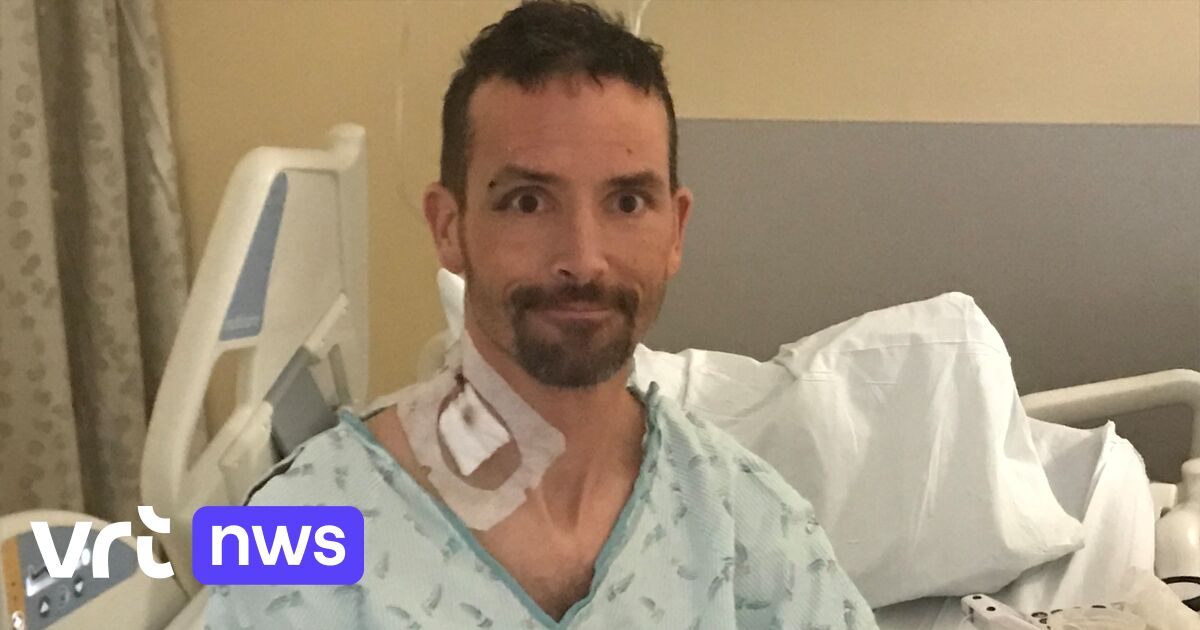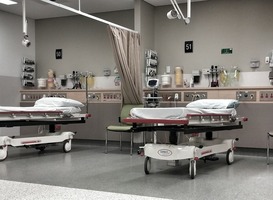Knapinski was severely hypothermic: his body temperature on arrival at the hospital was only 70 degrees Fahrenheit, a mere 21 degrees Celsius. “Cool temperatures are known to protect the brain and improve the way a person can get out of cardiac arrest, or when the heart stops beating,” says emergency physician Nick Johnson. “His cool body temperature, his young age and the fact that he was a fit man who climbed a mountain shortly before, made us decide to use this aggressive treatment.”
His organs gradually began to function again and on November 10, Knapinski was removed from the ECMO. The doctors had no idea whether the lack of oxygen had caused permanent damage during his cardiac arrest. It is not uncommon for people who recover from resuscitation to have brain damage. So it was a fear of waiting.
–


:quality(80)/cdn-kiosk-api.telegraaf.nl/3afb110c-281a-11eb-b789-02d1dbdc35d1.jpg)